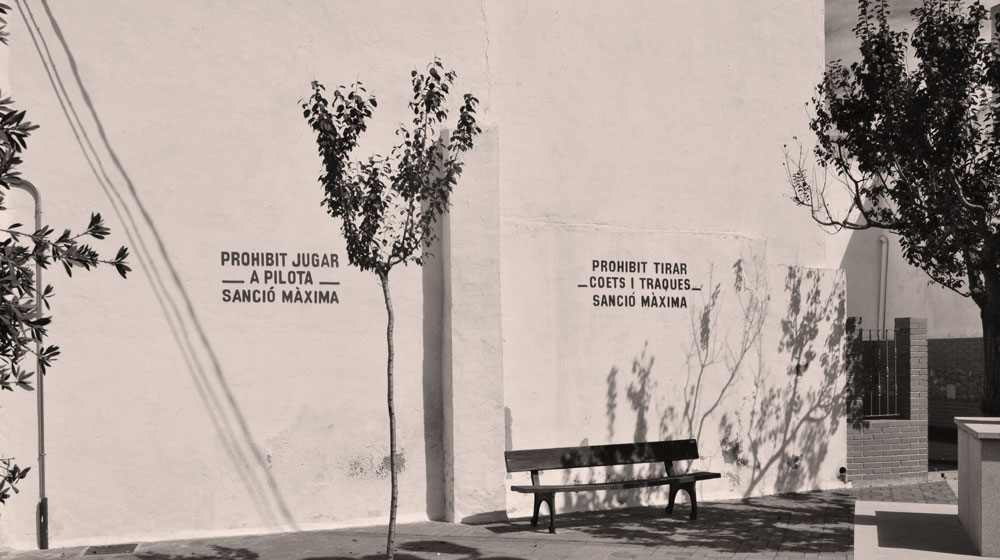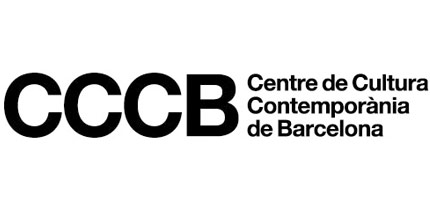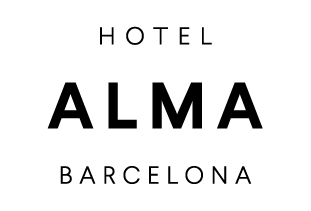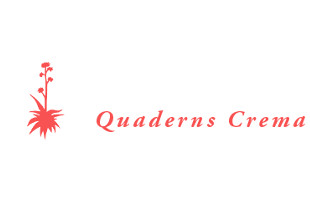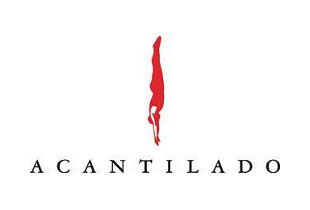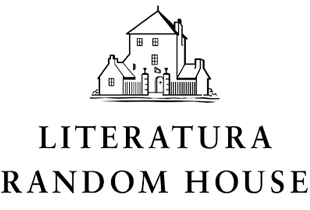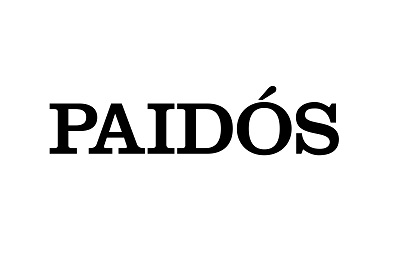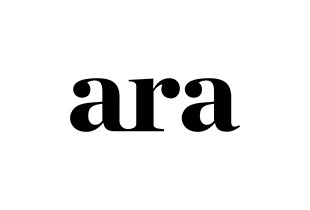Are we adults?
Conversations for Thinking Education
With this cycle, the CCCB embarks on a process of permanent reflection on the meaning and role of education in present-day society, this being understood —as Hannah Arendt put it— as a time when we decide whether we love the world enough to accept responsibility for it.
Until quite recently being an adult meant fully joining the world. The adult embodied the promise of real existence, emancipation, and the ability to think and act for oneself. Nowadays, adulthood seems to have become for many people a regressive, meaningless time of permanent flight. The goal of constructing one’s own identity and achieving some degree—including economic—of independence is taking longer, and is more uncertain than ever, if not unattainable. Meanwhile, the institutions and rituals which once marked irrevocable entry into adult existence, including marriage, family and work, are being radically redefined. What are the consequences of this demolition of the traditional figure of the adult? How does this affect our relationship with other ages in life, especially children and adolescents? If schools are to a large extent responsible for guiding children along the way to adult life, how do these social changes affect the function of education? What other ways of being adult can we construct today and what should the role of schools be in this process?
From different but complementary standpoints, Josep Maria Esquirol, Judith Butler, Pedro Olalla, Daniel Pennac and Lynne Segal will discuss the meaning of adulthood in the contemporary world.
Related contents
Lynne Segal
Educating Desire: Moments of Shared Joy
In this lecture, Lynne Segal, professor of Psychology and Gender Studies, calls for happiness based on moments of solidarity arising from collective claims and endeavours. Only if we accept responsibility for the world we share, and the commitment to transform it ...
Daniel Pennac
The School of Life
Journalist Anna Guitart talks with Daniel Pennac, writer and former secondary school teacher, about the relationship between childhood and adulthood, the role of imagination in education, and the expectations and promises which come together with growing up.
